During Black History Month, Food Banks Canada is celebrating the many contributions of Black people and Black communities across our national network of 10 Provincial Associations and more than 4,750 hunger-relief organizations, and their significant and ongoing role in supporting our mission to end hunger in Canada.
Black people and Black-led organizations have done so much to support communities that have been historically underserved and impacted by racism and colonialism.
For example, through a grant from Food Banks Canada, made possible through Agriculture and Agri-Food Canada’s Emergency Food Security Fund, the DESTA Black Community Network, located in Montreal’s Little Burgundy neighbourhood, created their two-pronged community food program in 2020 to address the “urgent food security needs in the Black Anglophone community.”
To improve access to food during the COVID-19 pandemic, the DESTA Black Community Network was able to launch a Community Food Delivery program in partnership with the Union United Church, which is the oldest Black church in Canada.
To build community resilience, the DESTA Black Community Network also offers a chef-designed small business incubator program for Black entrepreneurs in the food industry that provides paid contract jobs to help serve their clients. To date, about 10 newly minted chefs have gone through the food incubator program and prepared premade meals and meal kits for local families in need of food support.
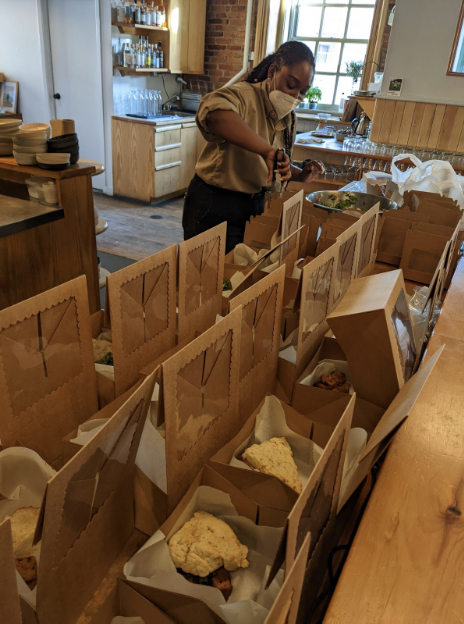
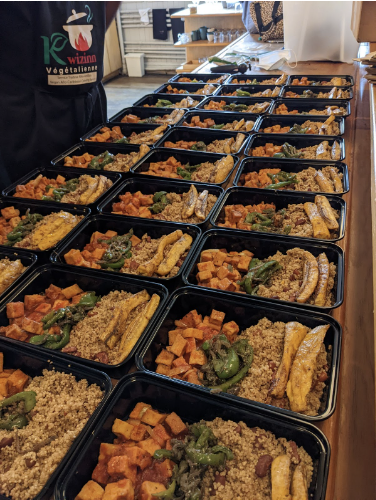
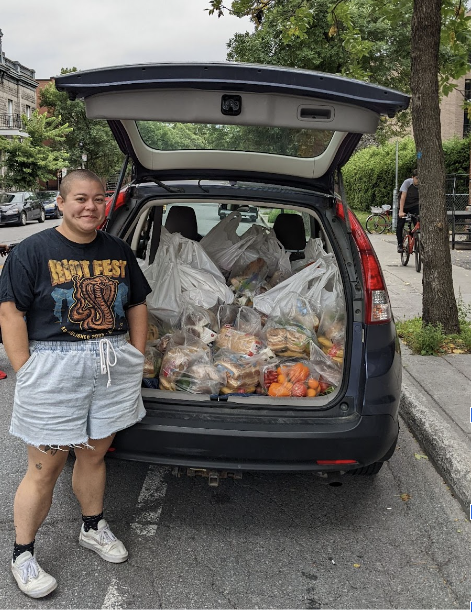
Also located in the most populous city in Quebec, the Cote des Neiges Black Community Association (CDNBCA) proudly serves Montreal’s Black community by offering programs and support services particularly designed for English-speaking youth, families, and seniors.
Through a grant from Food Banks Canada, made possible through Agriculture and Agri-Food Canada’s Emergency Food Security Fund, the CDNBCA was able to purchase, transport and distribute emergency food baskets to the doorsteps of both existing and new clients, buy equipment and materials, and implement biosecurity measures on behalf of hundreds of families experiencing food insecurity due to COVID-19.
“We realized that it was not just our senior clients who needed emergency food aid delivered directly to their doors because of COVID-19, but there were families with children who couldn’t get outside at the time,” CDNBCA Program Manager Lisa Stanisclaus said of the increased demand during the pandemic. “Then, there were people who couldn’t go to work either, so it was just kind of a domino effect.”
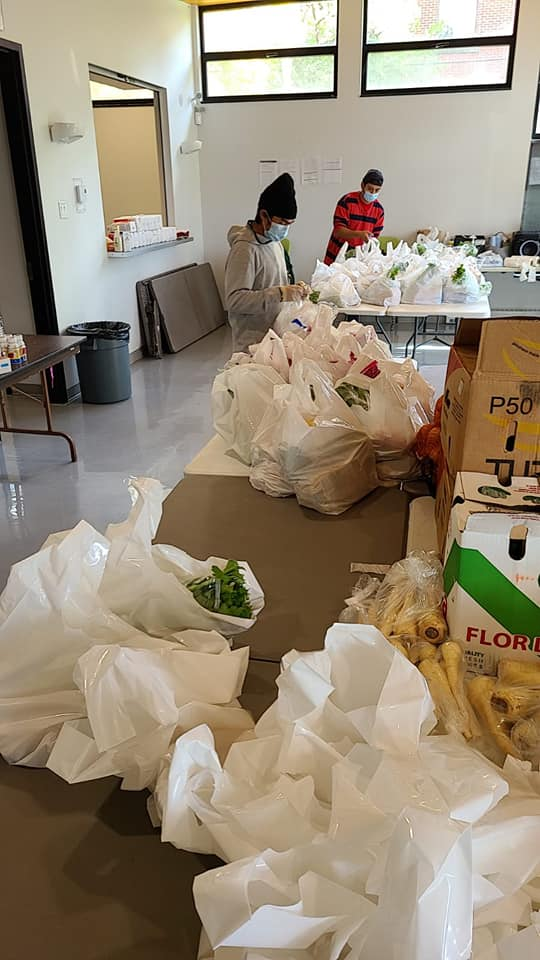
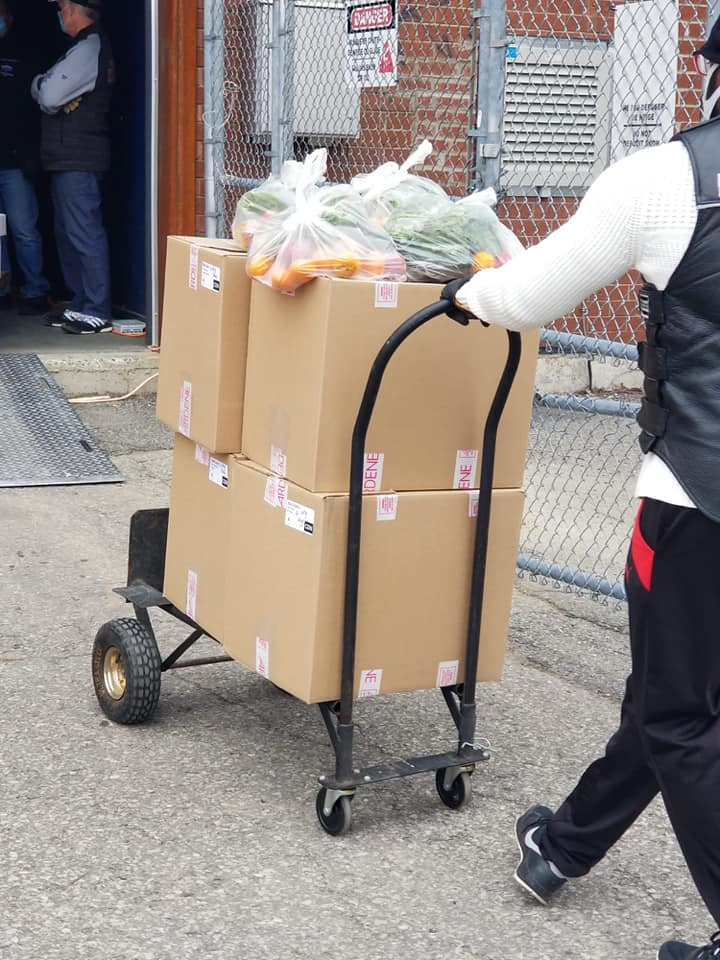
The Black-founded Shelley Cares Foundation in Toronto is another charity working toward a brighter future for their community. Through Food Banks Canada’s 2022 Capacity Boost, the Shelley Cares Foundation was able to improve and expand their organizational capacity to increase the amount of perishable and non-perishable items they can accept in order to meet the needs of their community.
“The money that we received from the grant helped keep us going,” said board member Jaeda Laurez, adding that they were able to purchase a new refrigerator and freezer through the funding in order to provide more fresh and culturally relevant food to their predominantly West Indian clientele.
“Just having some cornmeal porridge or saltfish available, it makes a huge difference in the lives of our clients who maybe aren’t able to go out into the cold and prepare these things, especially for the seniors,” Laurez said. “Our desire is that one day we are not needed, but as long as we are, we will be here serving our community as a Black-led organization, trying to do the best we can for our community.”
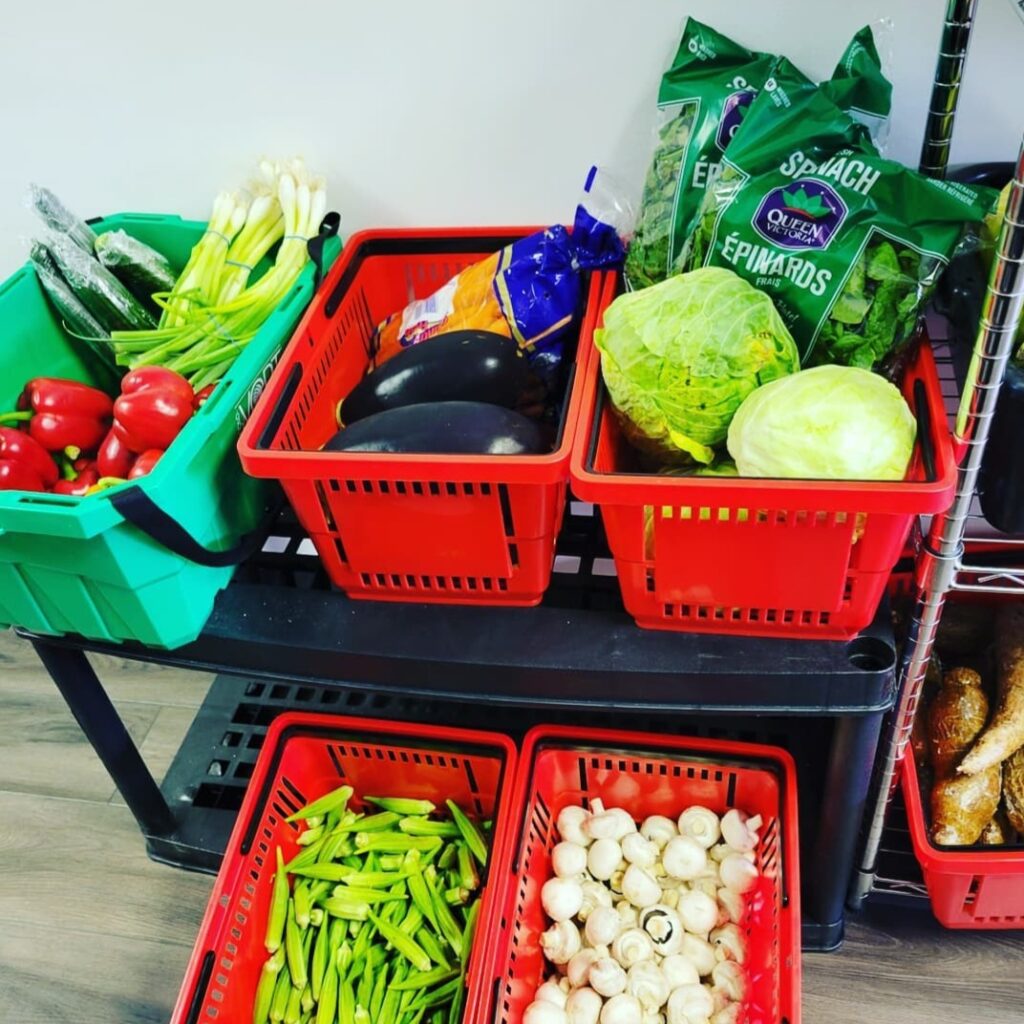
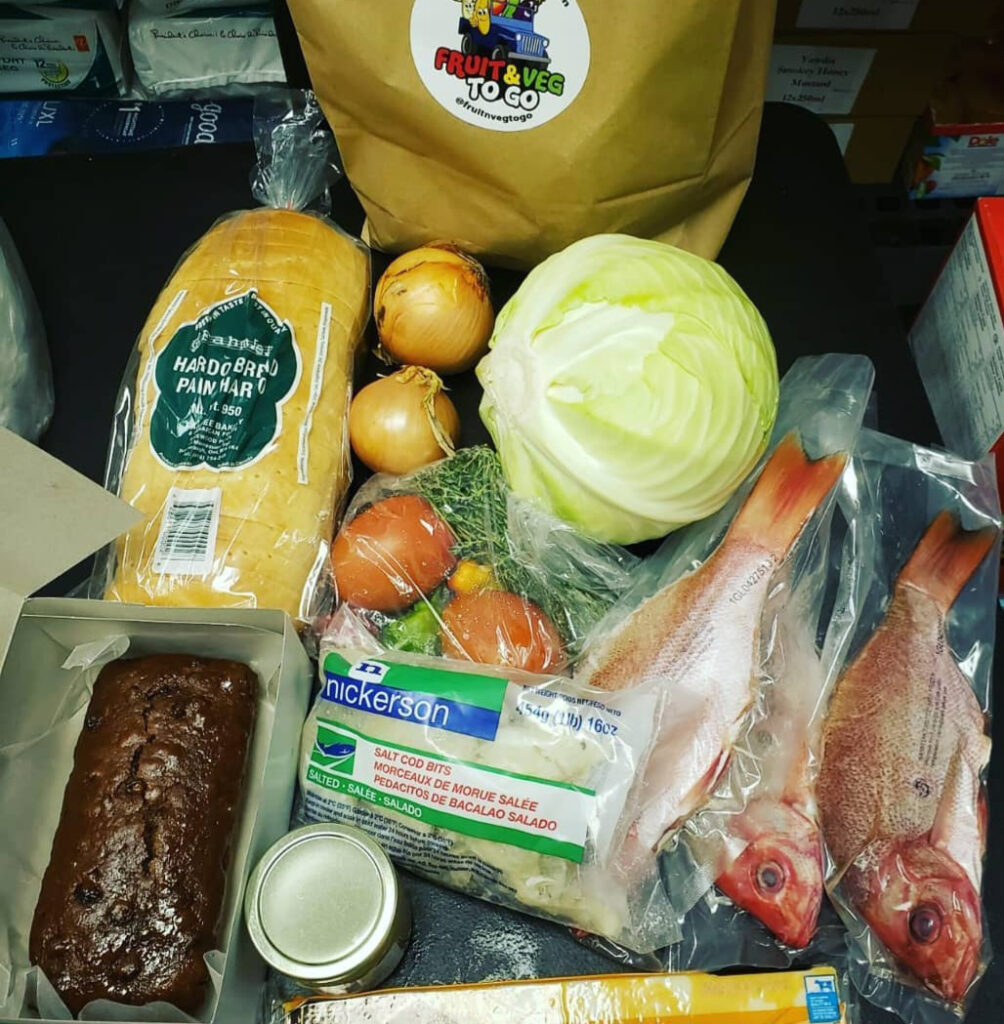
Supporting Equity, Diversity, and Inclusion
Food Banks Canada recognizes that food insecurity disproportionately affects Black and Indigenous communities in Canada due to long-standing systemic and structural racism. We are committed to ongoing learning and improvement to better understand the impacts of racism across the country and how we as an organization can grow and change.
We are equally committed to using the values of diversity, equity, and inclusion in all the work we do in support of our vision of a Canada where no one goes hungry. This vision is inclusive of every person within our borders, irrespective of race, national or ethnic origin, citizenship, colour, religion, sex, sexual orientation, gender identity, gender expression, income source, age, or mental and/or physical ability.
Within our research, Food Banks Canada is expanding our focus on racialized and Indigenous groups to identify, highlight and address the intersections between food insecurity and systemic barriers across the country. Our research is people-centered and inclusive of people with lived experience of food insecurity and incorporates an awareness of systemic racism in the collection and use of race-based data.

